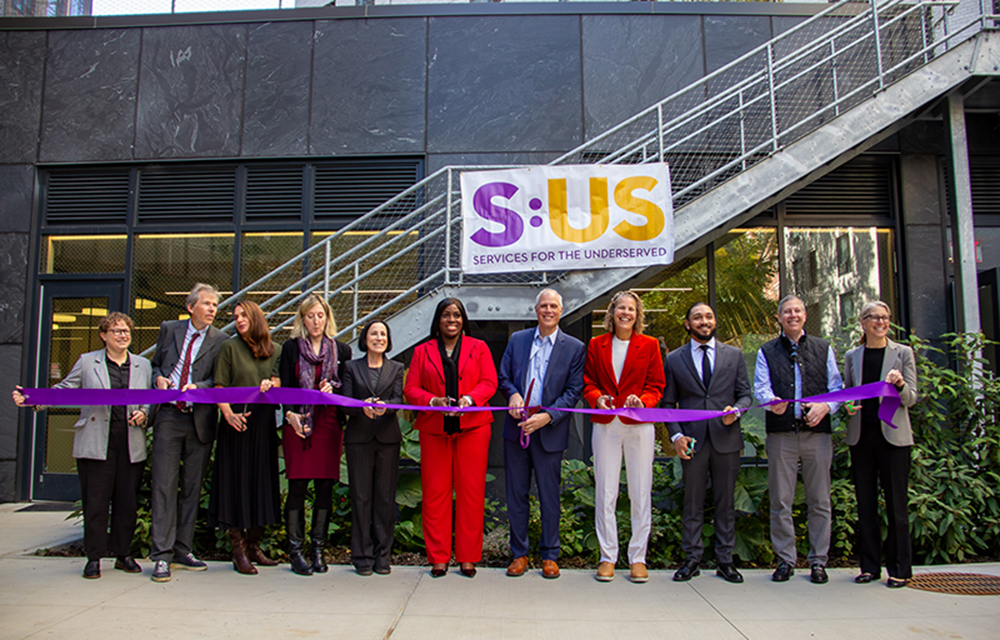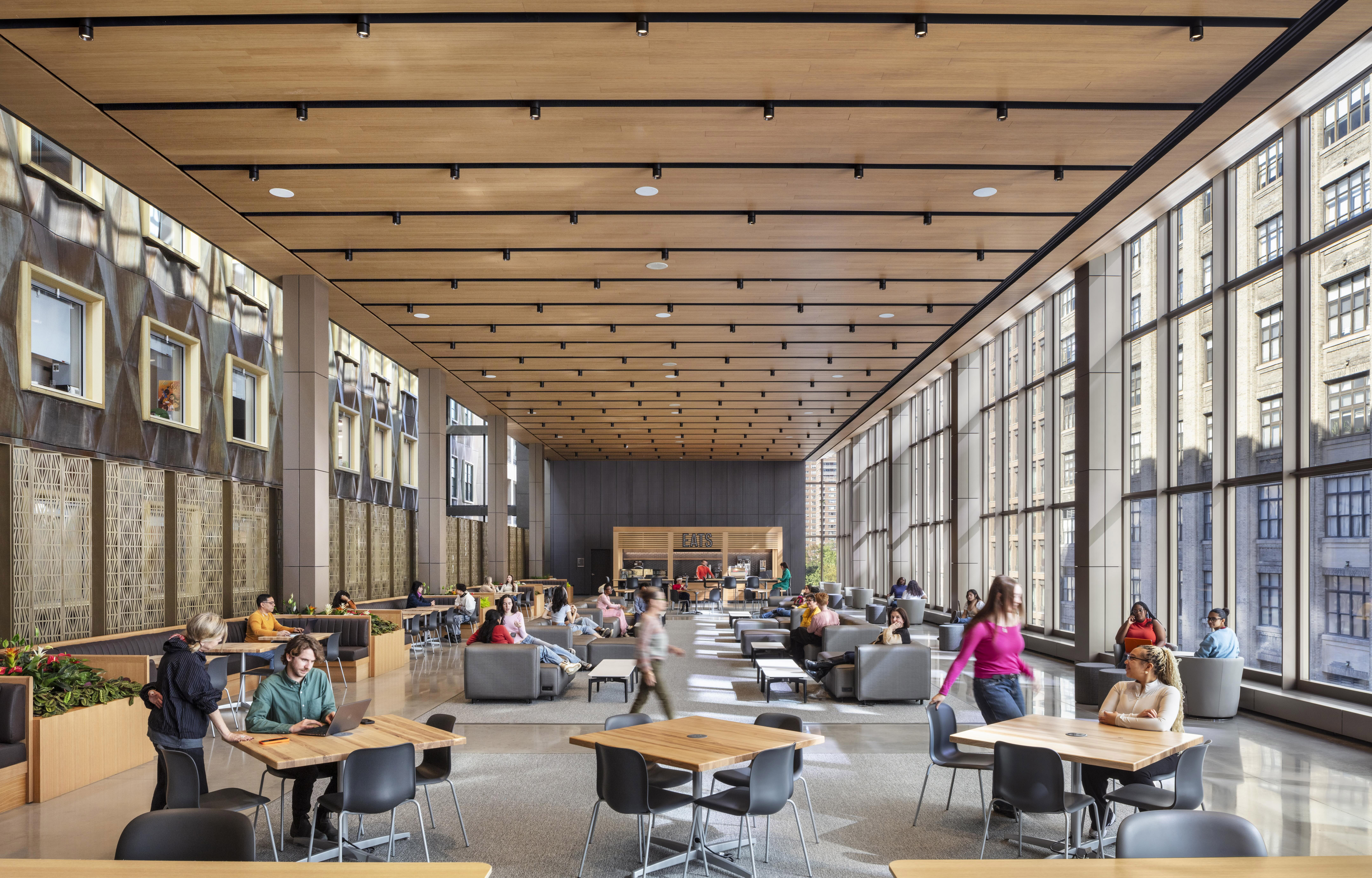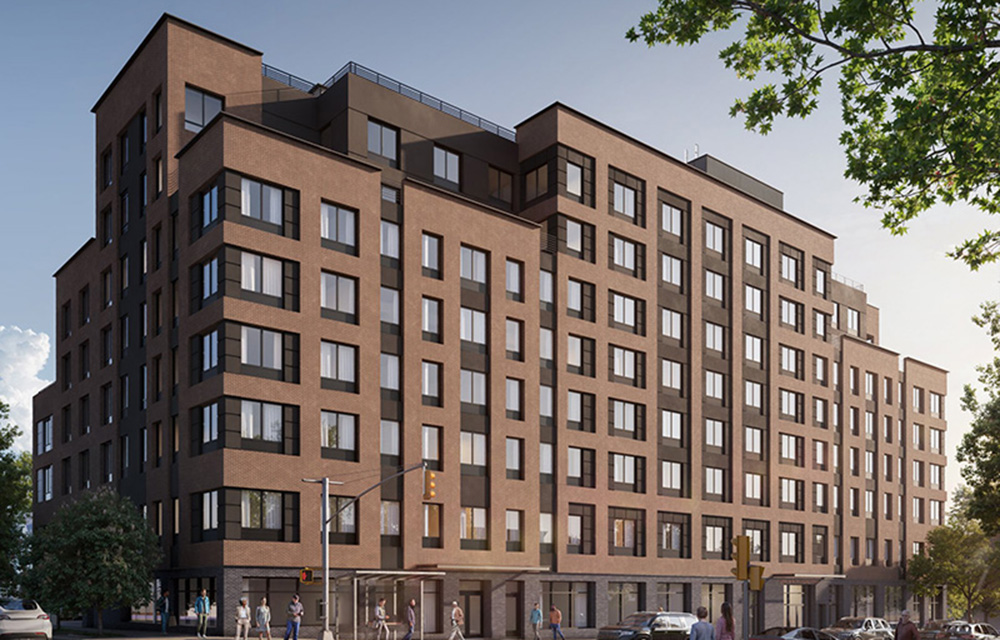News:
Construction Design & Engineering
Posted: February 12, 2013
Hidden risks: What a broker needs to know about arranging a restaurant lease
Entrepreneurs know that opening an upscale restaurant is rife with marketing and financial risk. Is there a demand for the restaurant at the location planned? Has the restaurateur selected the right cuisine for the moment? Will the economy destroy the restaurateur's dream?
Responsible real estate brokers and advisors need to be aware of other kinds of risks which often go unnoticed till it is too late, risks which, like disruptive bones in a finely cooked trout, are hidden in the clauses of real estate leases or found in onerous construction costs. If not resolved, they can be as severe - perhaps even more so - as the marketing risks of opening an upscale restaurant.
1. Make sure the local community board is on board with the plan: Local community boards have different requirements. Some require permits due to increased parking needs or excessive water usage. Often, they exercise approval rights over signage, outdoor café seating, and music or noise emanating from the restaurant. Meeting with the local community board before lease signing is advisable.
2. Know the rules for NYS Liquor Authority licenses: These licenses are tightly regulated. The state liquor authority examines the credentials of each principal and owner of a restaurant. The authority also restricts liquor licenses to establishments a stated distance from a church or school. Your client may want the lease to contain a provision allowing termination if a liquor license is denied. Your client should have confidence their application will be approved before signing any lease and will likely need two lawyers, one expert in liquor licenses and the other in lease negotiations.
3. Make sure architects/expediters check the prospective space thoroughly before negotiation: Prior to negotiations with a landlord, have an architect and/or expediter visit the space to determine whether there are costly construction/code issues which could delay the project. Issues may include ventilation from the kitchen to the roof, grease traps and sewerage code requirements.
4. Determine which tenant improvements the tenant will be responsible for eliminating when leaving the space: There may be some improvements the tenant will want to remove at lease termination. Some examples of costly tenant improvements for installation and removal are: kitchen equipment, HVAC systems, grease traps and built-in bars.
5. Make it easy to get in and out of the restaurant: Determine that there is sufficient ingress/egress for both employees and patrons.
6. Short lease? Negotiate a fair renewal period: Negotiate lease renewal periods especially if there is a large investment in kitchen improvements. Tenants require protection if the initial lease term is less than ten years.
7. Be sure you have accurate construction costs: The tenant's architect should provide accurate construction costs and a time line to build out the premises. Tenants also need to figure rental and payroll costs until the restaurant is operating. Tenants generally negotiate a rent abatement period to cover the time waiting for the liquor license and construction improvements.
8. Make sure needed utilities are available: If gas service is required for cooking, for example, determine whether the present installation is sufficient. If the space was not previously used as a restaurant, the tenant will need to determine how long it will take Con Edison to install the additional service from the street to the restaurant.
9. Negotiate workable termination rights: Negotiate a termination right with your landlord, especially the tenant has to give a personal guaranty to pay the term of the lease. Historically, less than 50% of new restaurants survive the first three years. Negotiate a right to terminate with a fixed payment to the landlord at the end of a certain period.
10. Don't sign a lease until your client has permissive assignment and subletting rights: Even if a restaurant is initially successful, that success may not last. Investors may want to sell before the lease ends, so negotiate to gain the right to dispose of the lease.
11. Get a timely certificate of occupancy: Your client will need an expeditor to work with the department of buildings so there are no unforeseen delays in obtaining a certificate of occupancy and opening the restaurant.
While the above concentrates on tenant issues, the landlord also has concerns. Will the restaurant space be built so as not to negatively impact other tenants - no odors, noise, litter, smokers, inebriates? Does the tenant have sufficient funds to complete the construction and to publicize the new restaurant? As a broker, it is important to protect the tenant and give the landlord assurance that he will enjoy rent from a successful tenant for many years. This requires managing all the details discussed and making the best use of the most knowledgeable expert advice.
Gerald Morganstern is a managing partner and Peter Reiter is a partner at Hofheimer Gartlir & Gross, New York, N.Y.
MORE FROM Construction Design & Engineering
Troutbrook expands with boutique condo project and Marriott Fairfield Inn & Suites renovation
Brooklyn, NY For more than 25 years, Troutbrook/Freud Development has remained focused on executing design-driven projects across the city. Its latest ventures reflect both a continued push into boutique residential development and an expansion

Quick Hits







.gif)
.jpg)

.gif)